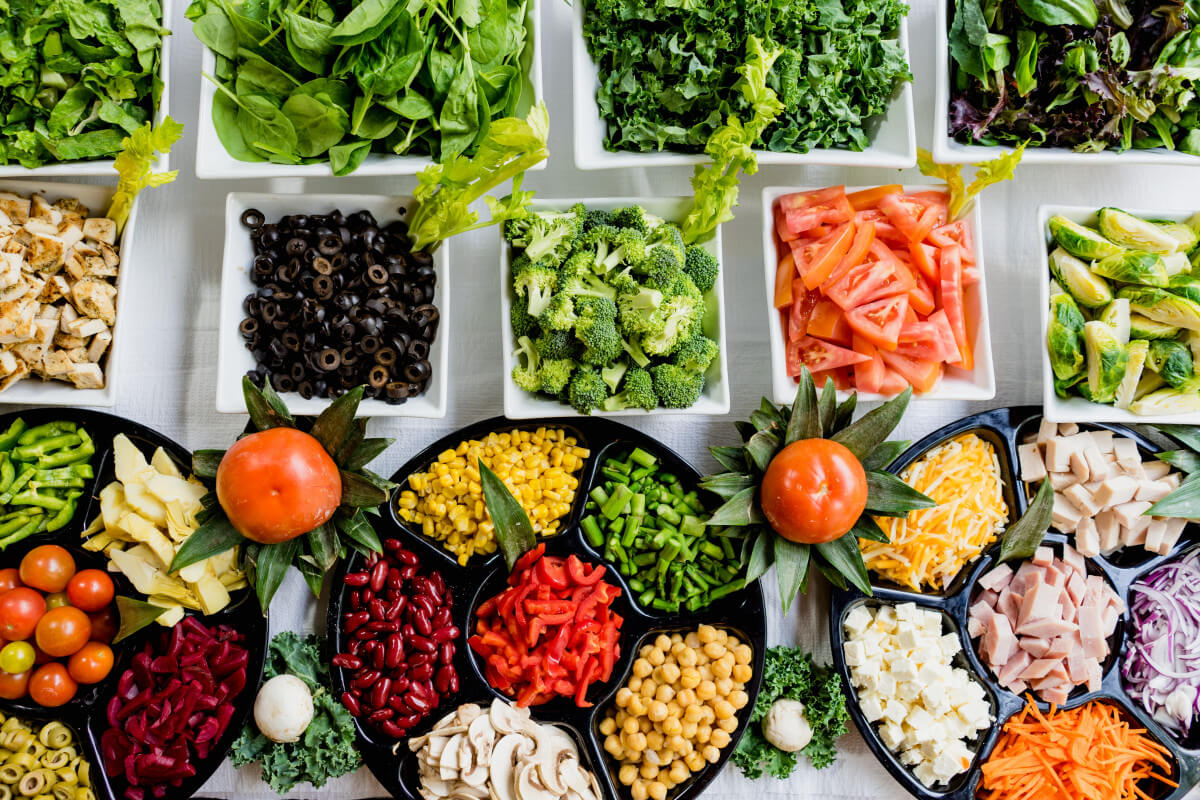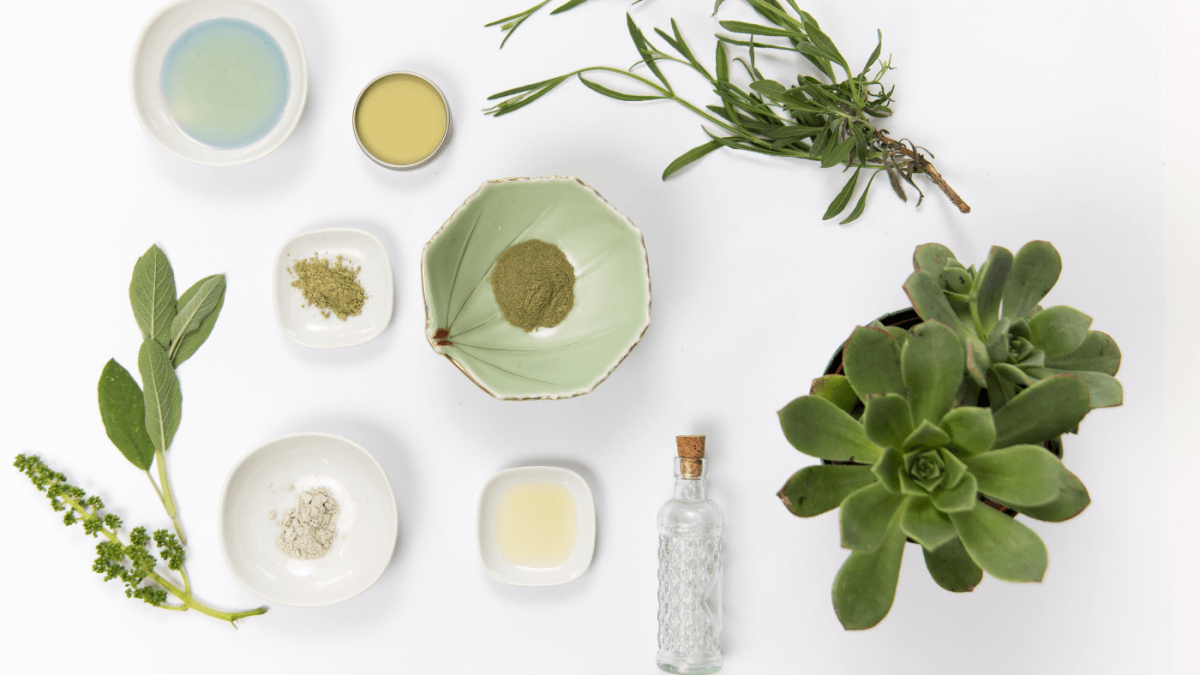Here are the best foods for clear healthy skin
Dr. Beth Goldstein with Dr. Rajani Katta
Healthy skin is a function of our diet, our hormones and our environment. Everyday we eat a variety of foods. Sometimes we eat for weight loss, for taste, or because we just like it. Your skin can benefit from different foods and some foods will help more than others.
Below are tips about what are the best foods to help reduce ongoing damage to your skin and help you look your best while developing clear, healthy skin. We also give a few tips on foods you'll want to avoid as well. The foods shared below are effective because they help activate repair mechanisms. This helps to provide your skin with antioxidants that help block further damage and improve your skin's ability to act as a barrier against pollution, irritants and ultraviolet damage.
What are the best foods a doctor recommends for your skin?
The best foods for overall clear healthy skin are low fat, and include plenty of vegetables and fruits. Eating these whole foods seems to be the most effective approach to determine the best food for your skin.
Dr. Rajani Katta is a leading health expert and dermatologist. She has a terrific resource on how to eat healthy, including simple, delicious recipes. Listed below are her top recommendations. Her newsletter on healthy eating and your skin is worth a read:
- Tea - Green Tea
- Vegetables tomatoes, red pepper, broccoli, cauliflower, cabbage, artichoke, asparagus, leafy greens, onion, jicama, garlic
- Spices: basil, ginger, cumin, turmeric, cloves
- Fruits - berries, pomegranate, grapes, bananas
- Grains - whole wheat, oats, barley, brown rice, quinoa Legumes: lentils, beans, chickpeas, soybeans
- Nuts/Seeds - almonds, walnuts, pecans, flax seed, chia seeds
- Dairy - Yogurt
- Sources of healthy fat : olives, olive oil, avocado, avocado oil, salmon, tuna, trout, sardines, mackerel
What about supplements?
The best way to get these nutrients in your body is to have them in your diet rather than taking a pill. The evidence on supplements helping your skin is not strong other than the nicotinamide and skin cancer prevention discussed below.
Recent research highlights a link between skin cancer and our diets
There has been a lot of research around diet and supplements to reduce the risk of new skin cancers and reduce ultraviolet damage. The best vitamins for clear healthy skin, if you are at high risk for skin cancer is Vitamin B 3 in the form of nicotinamide (not niacin).
High risk patients were given this particular form of Vitamin B at 500 mg twice daily for 12 months, participants had a 23% reduction in new non melanoma skin cancers and pre cancers. It is important to note the benefits only lasted as long as the supplementation continued. The best studied supplements are beta carotene (carrots, squash, sweet potatoes), selenium (plants grown in soil, some meats and fish) Vitamins C and E have not been shown to reduce the risk of non melanoma skin cancer. However a diet high in fruits and vegetables is associated with a reduction in the risk of squamous cell carcinoma by 54%. There certainly needs to be more work done, but it appears that eating whole foods rather than supplements is more likely to be helpful at this time.
Can specific foods make my skin breakout?
Acne is caused by a multifactorial process between hormones, receptors, genetics and the skin. Research on diet and acne consistently finds that diets with a high glycemic load are associated with more acne. Studies have shown that the best foods for clear skin have a lower glycemic load diet had less acne. Dairy, in particular skim milk, has had some association as well with acne. It is important to make sure in adolescents that they continue to get adequate amounts of calcium and Vitamin D if they are not ingesting adequate amounts of milk for their age group. This does not mean that eating a perfect diet will cure your acne, but it may help keep it under better control. Future research is needed to understand better the role of diet, dietary supplements and zinc before clear recommendations can be made.
Even our Skin Aging patterns are impacted by our diets
A recent study of Dutch women showed that eating a healthier diet had fewer wrinkles vs. those who ate a lot of red meat, deep fried foods and processed snacks. They controlled for sun exposure, weight and smoking. High glucose levels can lead to a process called glycation creating end products that cause breakdown in elastin and collagen causing loss of elasticity resulting in wrinkling. This process also can affect the supporting collagen essential to blood vessels in the vital organs. So what should you eat? Consuming foods with high value antioxidants can act to limit ongoing sun damage. So once again, eating vegetables, legumes and olive oil are helpful as well as a diet (not supplementation) of foods high in Vitamins A and C.




